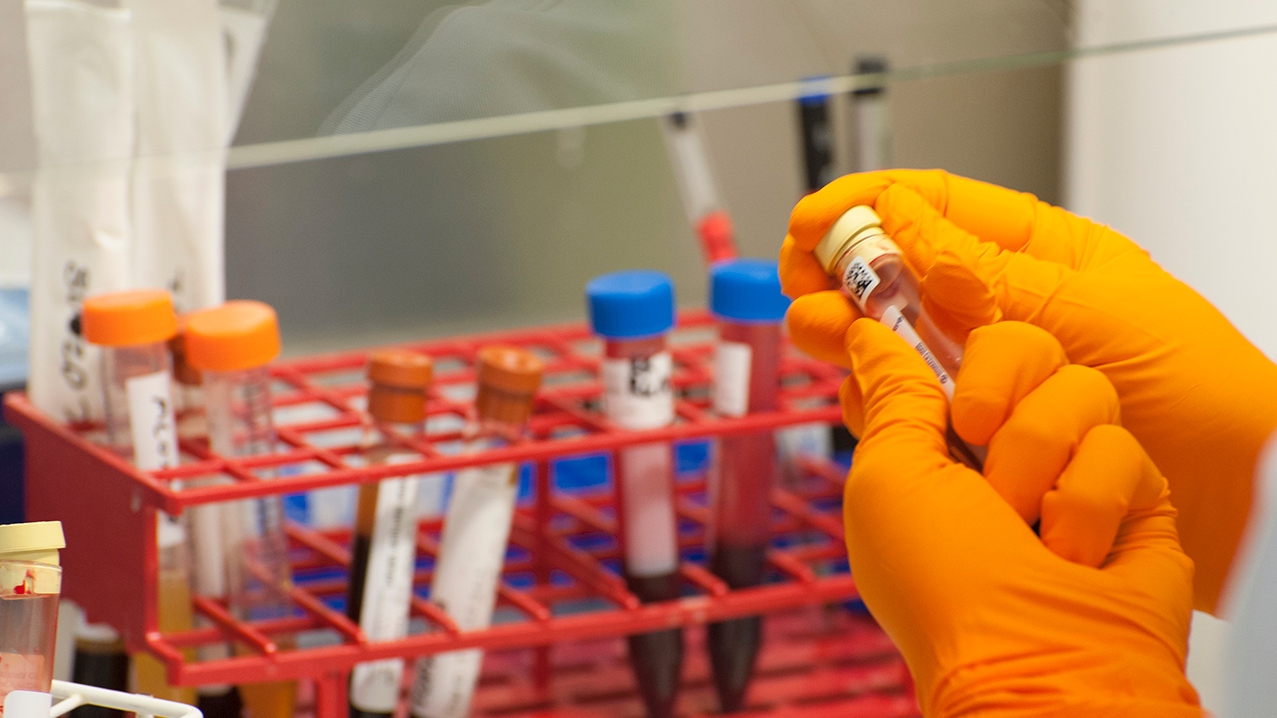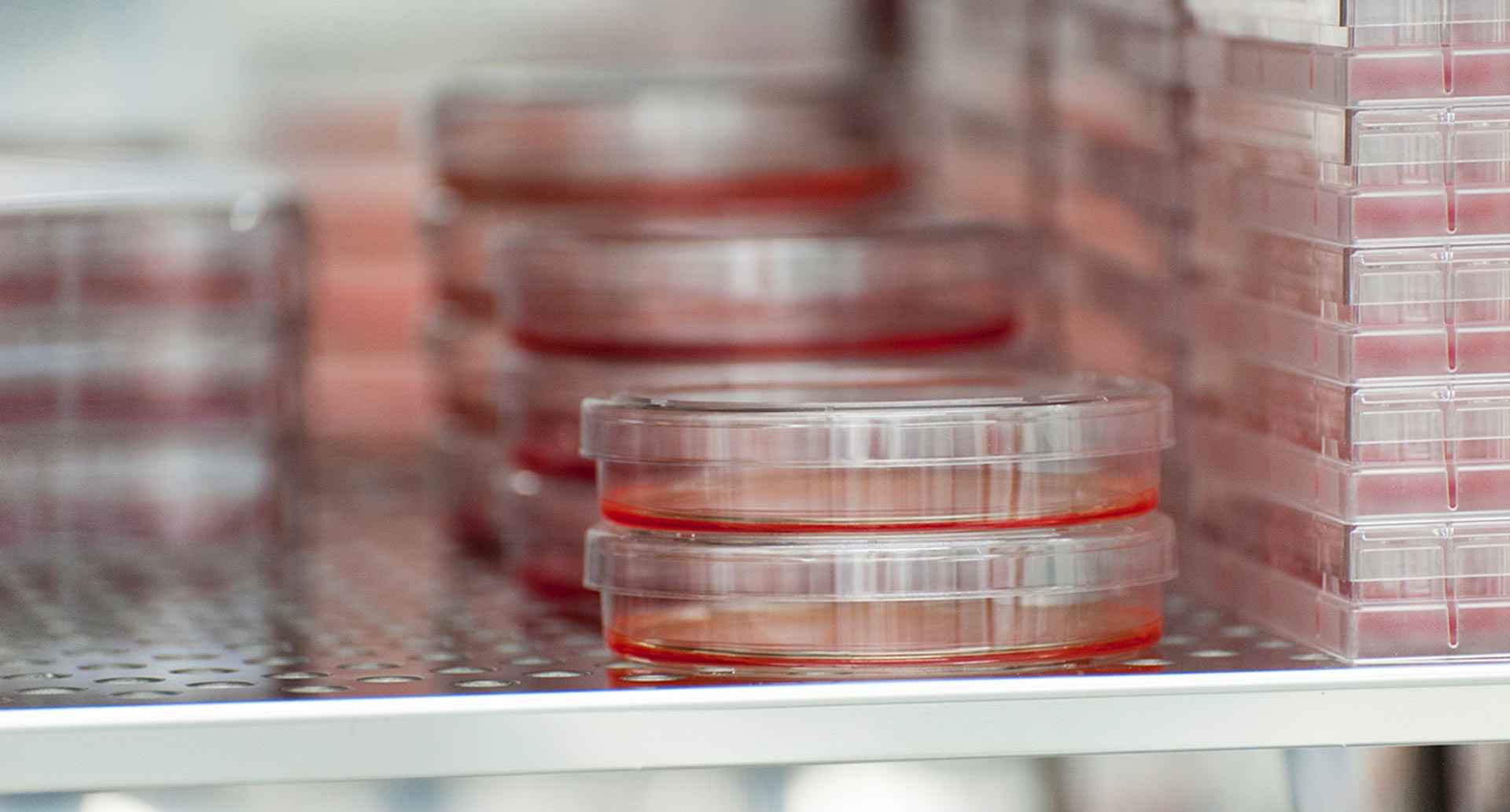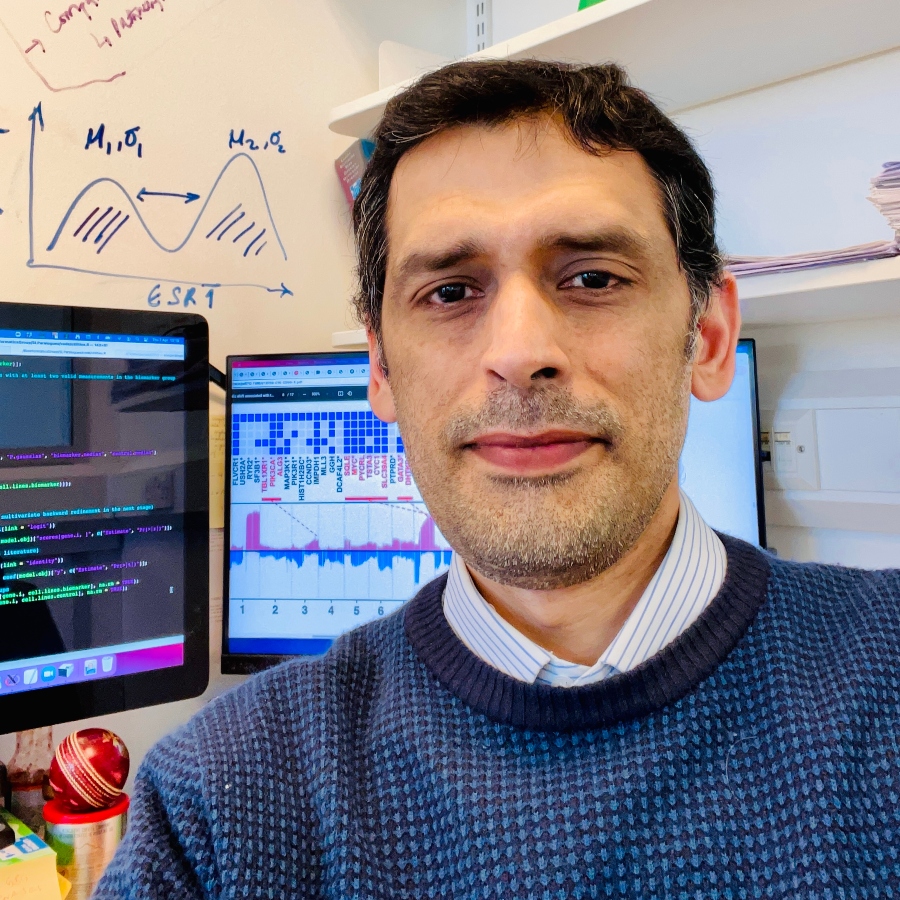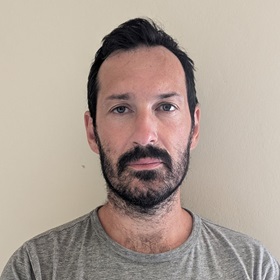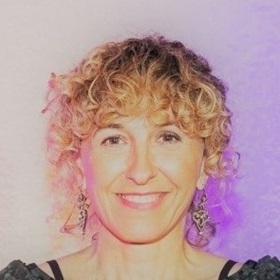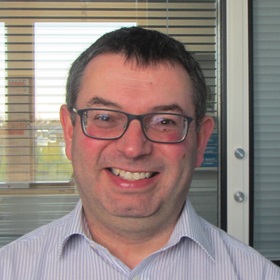Division of Breast Cancer Research
The Division of Breast Cancer Research, which incorporates the Breast Cancer Now Research Centre, contains more than 100 scientists and clinicians working in more than 20 different groups.
Aims, facilities and activity in the division
The division is focused on identifying both the genetic and environmental causes of breast cancer, so we can improve diagnosis, assess prognosis and likely response to treatment more accurately, and discover new targets for cancer therapies.
To fulfil the aim to translate its findings rapidly to the clinic, the division has strong links with other researchers at The Institute of Cancer Research, London, clinicians at The Royal Marsden and academic and commercial collaborators.
A key priority for the division is to identify and characterise breast cancer susceptibility genes. Its researchers were responsible for one of the biggest ever discoveries in cancer genetics – the identification of the breast cancer gene BRCA2.
Its discovery has enabled families with a history of the disease to be assessed for future risk, and has helped lay the groundwork for the development of novel therapies that target BRCA-associated cancers.
One of the division’s core research programmes aims to understand how genes and the tumour microenvironment help to drive the metastasis of breast cancers to other parts of the body.
Researchers are also interested in understanding how breast cancers become resistant to treatment. They discovered a mechanism by which resistance develops to aromatase inhibitors, used in the hormonal treatment of breast cancer, and are uncovering mechanisms of resistance to PARP inhibitors, developed to treat patients with germline BRCA mutations.
The Breast Cancer Now Research Centre — formerly the Breakthrough Breast Cancer Research Centre — is funded by Breast Cancer Now, and was opened in 1999 by its patron, HRH The Prince of Wales.
The Breast Cancer Now Nina Barough Pathology Core Facility within the division provides diagnostic and research-based histopathology to both the Breast Cancer Now Research Centre and research teams within the ICR.
The Division’s researchers work closely with the Breast Cancer Now Generations Study (formerly the Breakthrough Generations Study), which is based in the ICR’s Division of Genetics and Epidemiology. The Generations Study is the world’s largest and most comprehensive study investigating the environmental, behavioural, hormonal and genetic causes of breast cancer.
Running over the next 40–50 years, scientists are analysing patient blood samples, and assessing detailed patient questionnaires, to gather unique information on more than 100,000 women and identify factors influencing their breast cancer risk.
Research group leaders
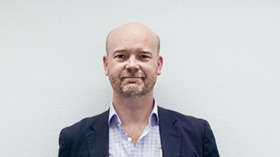
Professor Andrew Tutt
Director of Breast Cancer Now Toby Robins Research Centre, Head of Division & Group Leader
Precision Oncology.tmb-propic-md.png?Culture=en&sfvrsn=a7fc4e90_9)
Professor Chris Lord
Deputy Head of Division & Group Leader
Precision Oncology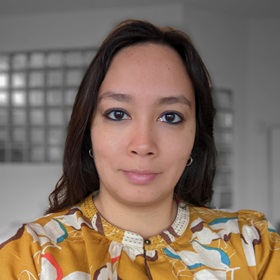
Dr Esther Arwert
Group Leader
Functional Tumour Immunology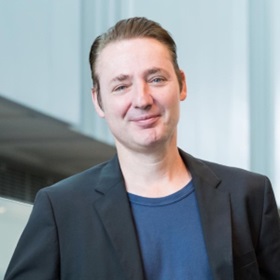
Professor Axel Behrens
Group Leader
Cancer Stem Cell
Professor Cathrin Brisken
Group Leader
Endocrine Control Mechanisms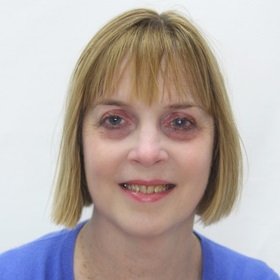
Professor Olivia Fletcher
Group Leader
Functional Genetic Epidemiology
Professor Clare Isacke
Group Leader
Molecular Cell Biology
Professor Joanna Loizou
Deputy Director of the Centre for Target Validation & Group Leader
Target Validation and Genome Stability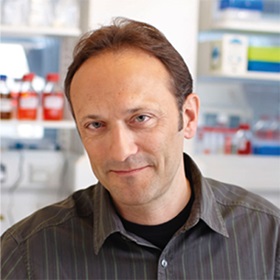
Professor Pascal Meier
Group Leader
Cell Death and Immunity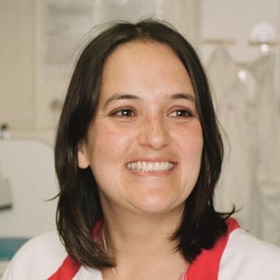
Dr Rachael Natrajan
Group Leader
Functional Genomics
Dr Stephen-John Sammut
Group Leader
Cancer Dynamics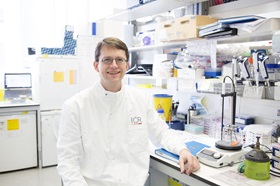
Professor Nick Turner
Group Leader
Molecular OncologyAssociate members
Honorary faculty members

Professor Stephen Johnston
Honorary Faculty
Endocrine Therapy Resistance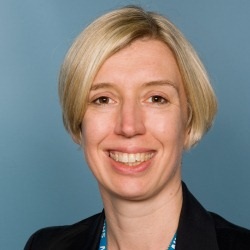
Dr Alicia Okines
Honorary Faculty
Breast Cancer Systemic Therapy Trials
Dr Alistair Ring
Honorary Faculty
Breast Cancer Clinical Research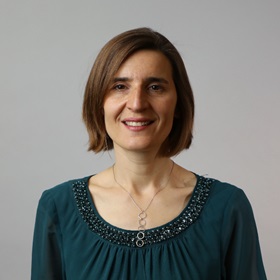
Jennifer Rusby
Honorary Faculty
Breast Surgery Outcome MeasuresWorking in this division
Employee Story
Dr Fatemeh Ahmadi Moughari is a bioinformatician working in the Functional Genomics Team, led by Rachael Natrajan, and the Bioinformatics Team, led by Syed Haider. She joined the ICR from her home country of Iran where she completed her PhD in anti-cancer drug response at Shahid Beheshti University.
"I really enjoy the multidisciplinary atmosphere here and it’s the thing that stood out when I first joined the ICR."
Recent news

Breast cancer blood test can predict treatment response
